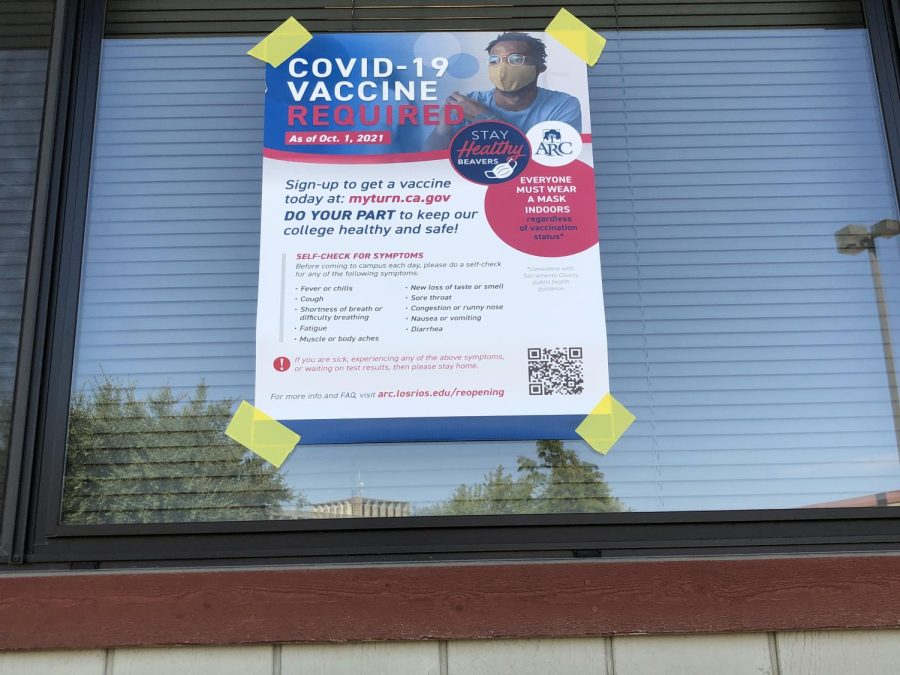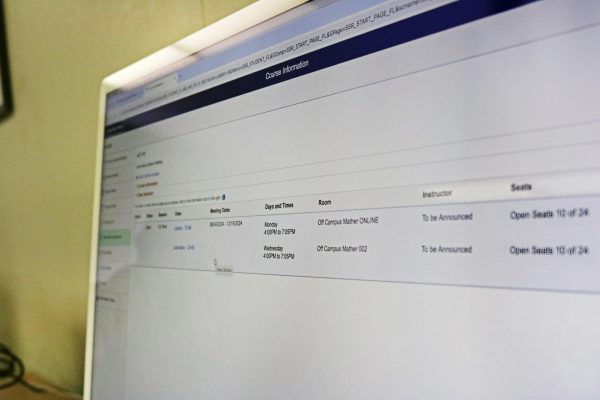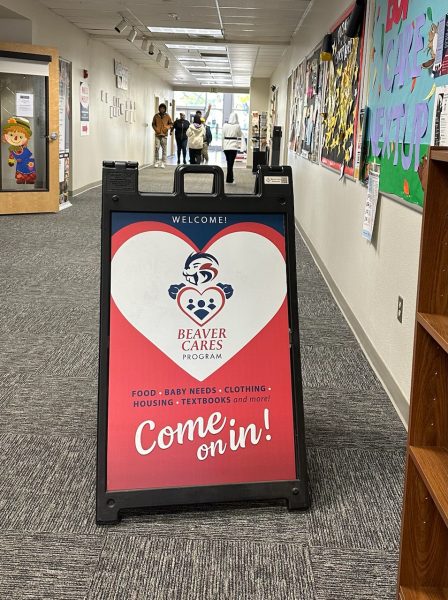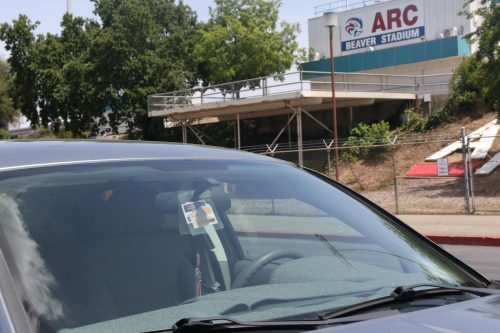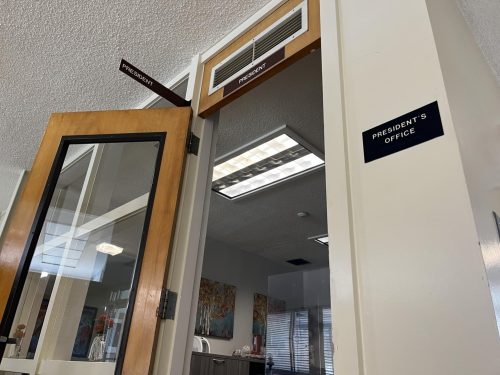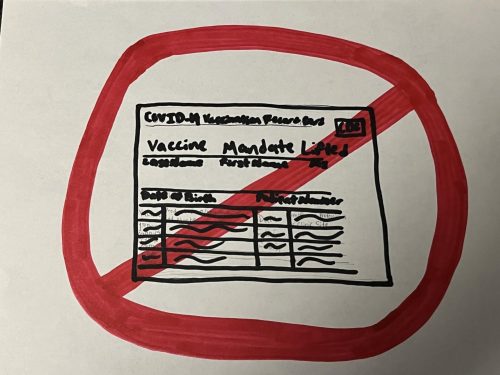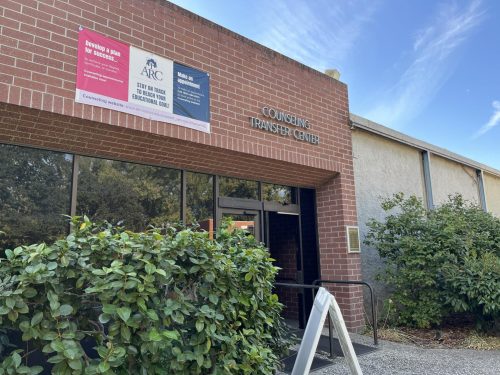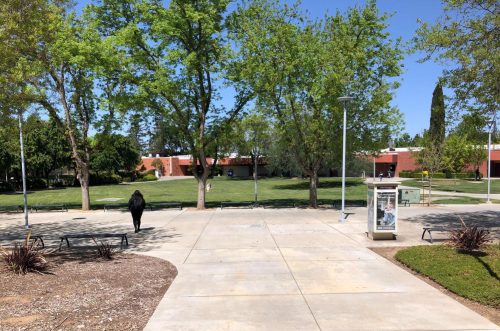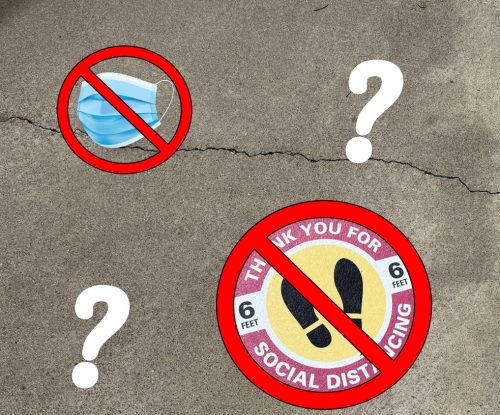How the LRCCD mishandled the COVID-19 vaccine mandate
The district should have provided students, faculty and staff more time and information in its vaccine rollout mandate
On Aug. 4, the Los Rios Community College District put a mandate in place that required students and staff to receive the COVID-19 vaccine by Oct. 1, 2021. Although the mandate is necessary, it should have been handled better, and more information was needed from the district. (Photo by Heather Amberson)
Before the start of the fall semester, the Los Rios Community College District announced a vaccine mandate that required all students or staff who access college or district facilities to have at least the first dose of the COVID-19 vaccine by Oct. 1.
The mandate is necessary as a method to limit the spread and finally put an end to the COVID-19 pandemic, but the way the district enacted it could have been handled differently. The LRCCD should have given students and staff more time to make a decision, instead of suspending them if they didn’t get the vaccine during the fall semester. The district should have also had medical professionals explain the safety and benefits of vaccines.
The LRCCD offered an incentive of up to $200 to students if they were fully vaccinated. This may have encouraged some students to want to get the vaccine, but other students still weren’t sure if they would do so.
The LRCCD did give people some time to get the vaccine, but given the limited number of people on campus for the fall 2021 semester, they should have waited until the beginning of the spring 2022 semester to put it into place.
The original time given was fine for people who weren’t worried about getting the vaccine, but for those who were hesitant, this extra time could have given them more time to do more research if they needed, and given them more time to be comfortable with the decision.
The LRCCD also shouldn’t suspend students and staff who are on-campus and haven’t received the vaccine.
The vaccine mandate took effect before the start of the fall semester. The LRCCD could have waited until after the semester was over to fully implement the mandate, which would also give the students and staff already on-campus a chance to finish the semester before needing to decide on getting the vaccine or not.
Suspending students and staff who haven’t received the vaccine by the deadline might make them more hesitant to get the vaccine, because they may feel they are getting punished for not yet making their decision on whether they will receive the vaccine.
Making students and staff decide on getting the vaccine during the semester causes added and unnecessary stress.
There’s another important reason the district should have handled this differently. The history of vaccinations in the United States has made many people of color suspicious of the current vaccine. The Tuskegee Syphilis study of the 1930s, in which thousands of African Americans died, has made some African Americans hesitant to receive vaccines.
During the study, many Black people were infected with syphilis after a mandated shot was given. Eventually, people died due to complications from the shot. Some people are rightfully scared of the mandates because they fear the COVID-19 vaccine may have similar effects.
The LRCCD should address this fear. One way to do so would be to hold a Zoom meeting with health officials. That would be an open space for people with questions and doubts, who can get those clarifying questions answered so they can decide whether to take the shot or not.
Because internet propaganda can sway a lot of people’s opinions when it comes to this vaccine, a space with trained health officials to debunk those vaccination theories could be resourceful and influential when it comes to improving vaccination participation.


